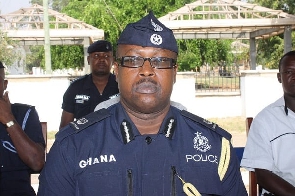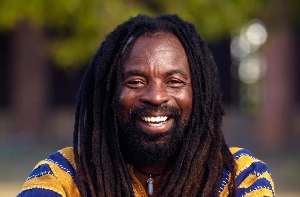A new report by the International Crisis Group says that greater cooperation and intelligence-sharing is what is needed to successfully defeat Boko Haram terrorists in the Lake Chad region.
The think tank says the Multinational Joint Task Force, drawn from regional states, holds the key to tackling the jihadist threat, but that so far success has been limited.
Cameroon, Chad, Niger and Nigeria, with the help of Benin - make up the Multinational Joint Task Force. It was formed back in 2015 after a growing realisation that defeating Boko Haram required a collective response.
Five years on it has approximately 10,000 uniformed soldiers.
The International Crisis Group does acknowledge some successes, including military campaigns from 2017-2019 which pushed back insurgents, freed civilians, and enabled the delivery of aid. But according to the report, advances against Boko Haram have mostly been short-lived because of the insurgents' resilience.
Referring to a reluctance from each state to cede control to the overall joint task force, the think tank says that structural limitations and a weak chain of command are of concern.
The report calls for funding issues to be resolved with the help of the African and European Unions - which both helped create the joint task force.
But with the terror threat showing no signs of declining, establishing peace in the region will not be an easy operation for the joint task force.
Boko Haram, and the Islamic State in West Africa Province (Iswap), have killed thousands and displaced about 2 million in north-east Nigeria.
Africa News of Tuesday, 7 July 2020
Source: bbc.com

















